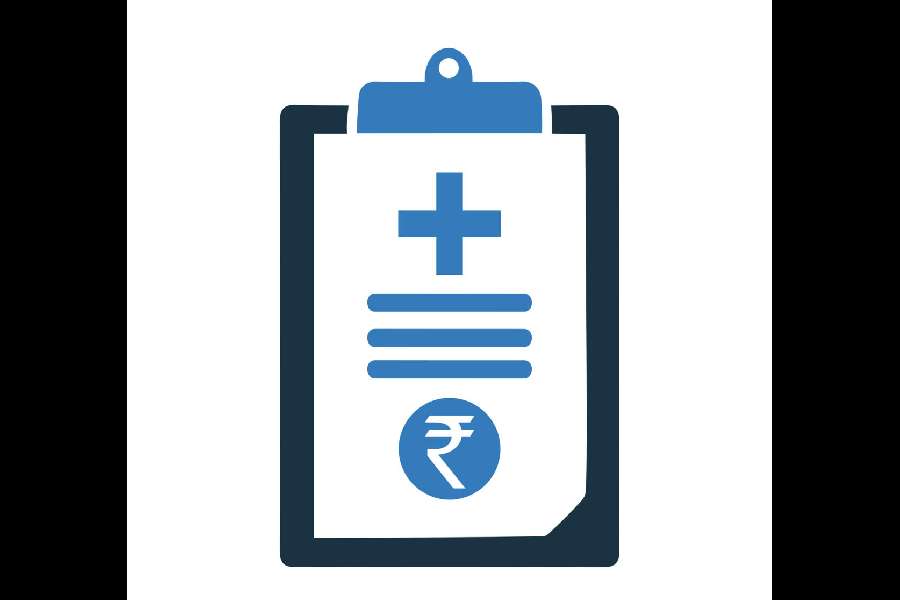More than half of people responding to a nationwide survey have said they did not receive itemised details of services, facilities or consumables charged in their hospital bills and would favour government intervention for standardised hospital bill formats.
The survey by Local Circles, an online social media platform, has found that only 47 per cent of some 12,000 respondents from 305 districts across the country had received bills showing the charges broken up across services, facilities and consumables.
Around 43 per cent of the respondents have told the survey that their hospital bills did not show details of the consumables or services and 10 per cent said their bills lacked details but described the charges as “package charges”.
The survey was conducted against a backdrop of concerns among patients and sections of doctors about the lack of transparency in bills and that
some hospitals or nursing homes might be overcharging patients by conflating various charges.
Many cases of overcharging or hidden charges have emerged in recent years, often in cases where hospitalisation costs were not covered by insurance or other medical schemes, Local Circles said in a media release on Saturday, announcing the survey’s results.
Nearly three-fourths (74 per cent) of 11,600 respondents also told the survey that they would like the government to take steps to get hospitals and nursing homes to adopt mandatory standardised bills that show breakups of all charges during hospitalisation.
“An itemised hospital bill should be a consumer right — patients need to know exactly what they are being charged for,” said Malini Aisola, a coordinator with the All India Drug Action Network (AIDAN), a group of physicians, health experts, and patients’ rights advocates.
Aisola and others believe itemised bills could play an important role in helping patients’ rights groups, academics engaged in tracking healthcare costs and the government monitor billing practices, look out for trends, and compare costs across different hospitals.
“An itemised bill could also be an indicator of the rationality of the treatment provided to the patient,” Aisola said. For instance, medical experts could use itemised bills to pick out what they might view as unwarranted diagnostic tests given the clinical condition of the patient.
She said itemised bills may also reveal attempts at adding questionable charges. “Some hospitals have shown charges for equipment monitoring, for example, or for linen or special mattresses,” she said. “Shouldn’t those be part of the room rent?”
The Jan Swasthya Abhiyan, a nationwide network of doctors and patients’ rights advocates, had last month released a “people’s manifesto” that had, among other demands, called on the government to regulate costs charged by private hospitals.











